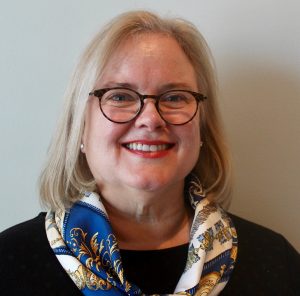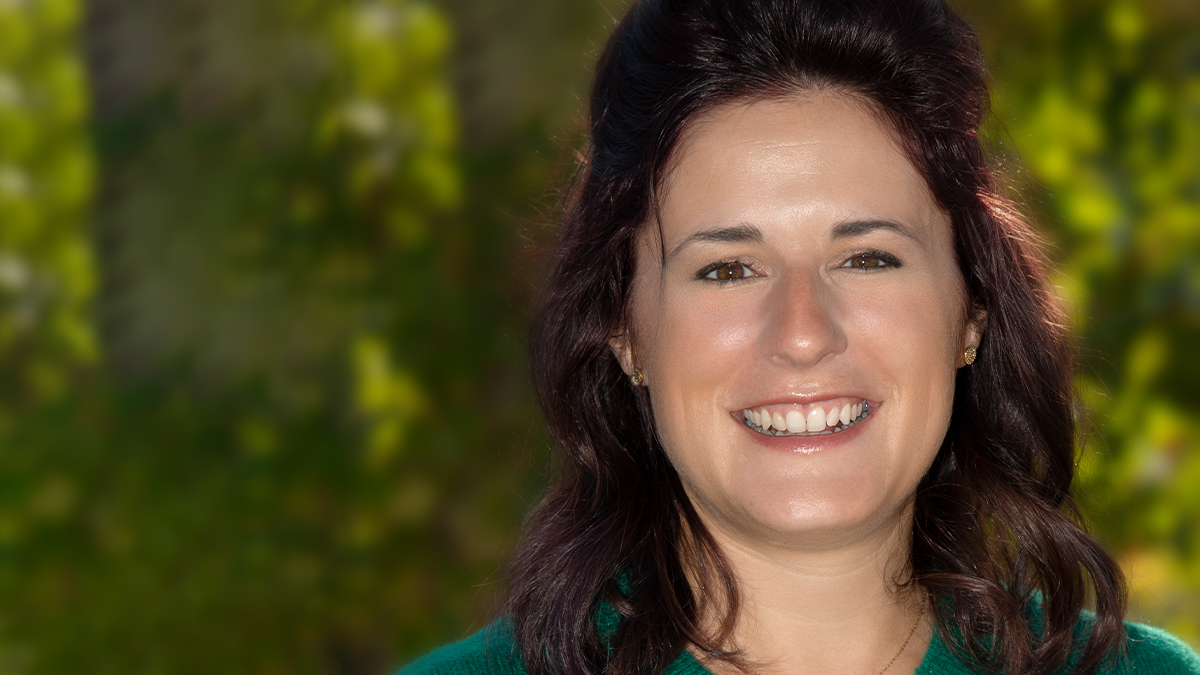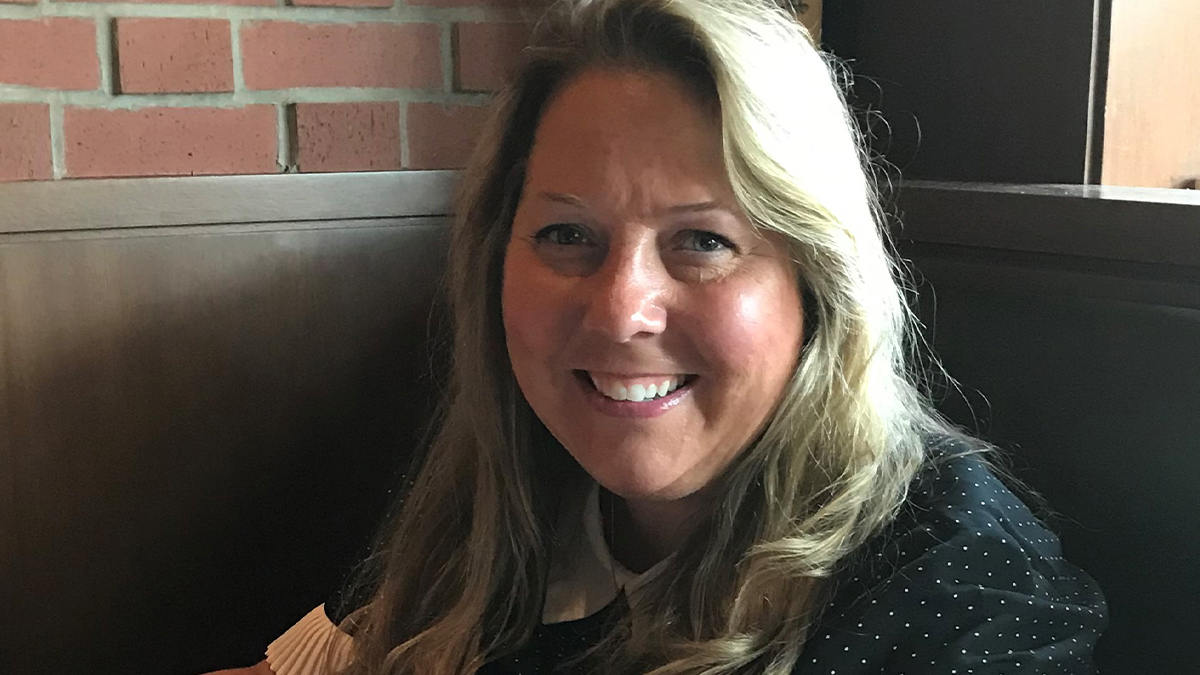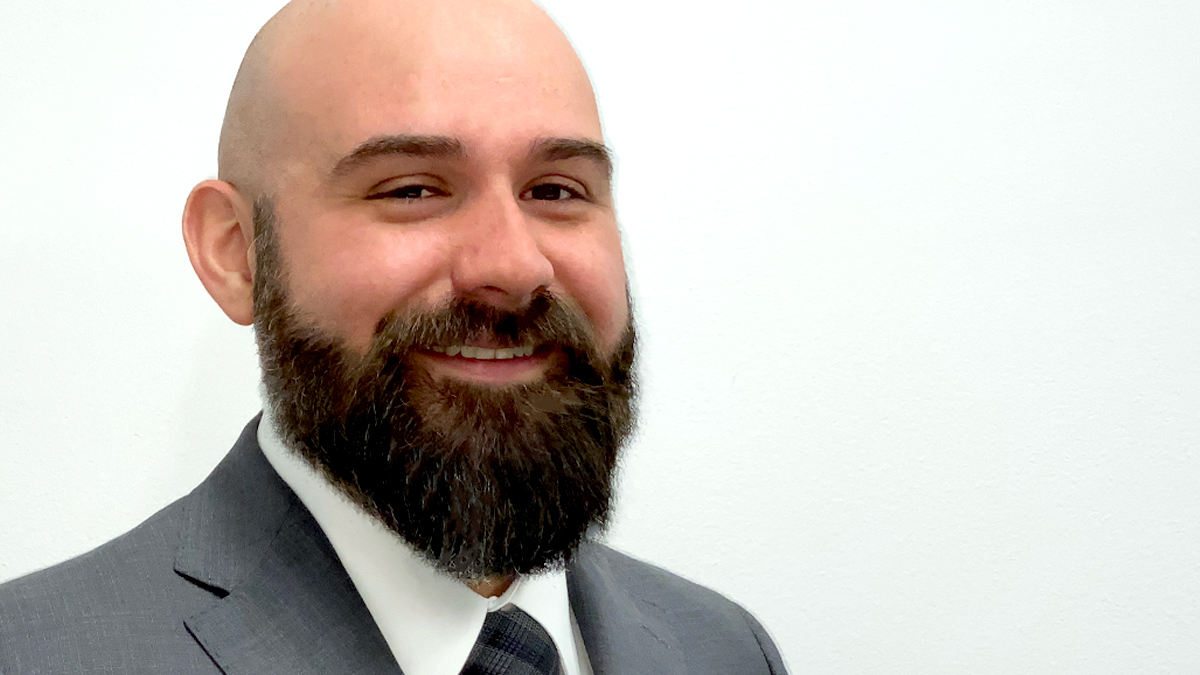Max Berkowitz was on pace to become a manager within a Fortune 500 company when he hit a bump in the road. The high-potential employee learned from a readiness assessment that his strong personality could leave negative impressions on colleagues, and his soft skills needed improvement.

Coaching client Max Berkowitz
Cincinnati, Ohio, USA
To address these challenges, Max sought help from ICF-Credentialed coach Jill Perrin, ACC. Jill is an executive and leadership coach in Dallas, Texas, USA. Jill works with executives who are at a professional inflection point (recently promoted, earmarked for the fast-track, etc.) and helps them chart a growth path towards professional and personal fulfillment.
Thanks to Jill’s coaching, Max learned about the importance of perception in leadership development. He became aware of the behaviors his colleagues found off-putting (e.g., dominating the discussion in meetings). He also learned to listen more. Coaching empowered Max with the necessary tools to become a team-oriented leader while staying true to his authentic self.
How did you feel when you learned your soft skills needed to improve?
It was a little hard because I felt like I did really well on the assessment. My hard skills—business and math—were spot on, but no one ever told me that my soft skills were weak.
I was also confused and a little bit scared about what this could mean for my career. Would I have to change my personality? Am I not a good fit with this company, or as a business professional? It was daunting.
How did you decide to partner with a coach?

ICF-Credentialed coach Jill Perrin, ACC
My mom and a long-time family friend were both familiar with coaching. My mom works with an executive coach, and the friend is a coach. Both helped me realize that I needed a professional who could guide me through my leadership approach and provide another perspective.
I wanted a coach who was comfortable with online and remote sessions so I could continue to grow without having to find a new coach every time I moved. My friend recommended a few coaches and that’s how I met Jill. I found Jill to be very trustworthy during our initial phone conversation about what I wanted to accomplish. We started our coaching engagement shortly thereafter.
Did you have any expectations about the coaching experience?
I thought a coach was someone who told you what to do—how to conduct yourself in a meeting or fit into the executive mold—and I was happily surprised to find out I was wrong.
“I went from having no idea what I wanted to get out of coaching to discovering that I wanted to be a more refined, authentic version of myself.”
The first thing Jill established was that she wouldn’t give me advice. Instead, she would provide perspective and help me find my own answers. This was mind-blowing. I went from having no idea what I wanted to get out of coaching to discovering that I wanted to be a more refined, authentic version of myself. That all emerged during our first session.
Within the first three sessions, we found solutions that met me on my own terms rather than those set by others. I was amazed at the process, and how much more comfortable I was with the solutions and takeaways that I had created for myself.
Can you describe your coaching sessions?
Jill and I met virtually over Zoom for six months; initially every two weeks and then once a month. We began our sessions with meditation, which allowed me to de-stress from work. I’ve never had time to focus or talk about myself. Coaching allowed me to reflect on my work performance and if I thought my colleagues liked my new approach. Once the answer became “yeah, they did,” it was a really rewarding experience.
A powerful part of the coaching relationship is the “aha” moment. Can you talk about one of your defining breakthroughs?
Some of the feedback I received was that I have a lot of strong opinions, which can be polarizing. Through coaching I figured out how to express my opinions more effectively.
For example, I was out to dinner with some co-workers who ordered guacamole for the table. I don’t like onions, so when they asked how everyone liked the dish, I said I hated it.
My coach helped me think about how I could have better handled that situation. There’s a time to say, “I hate this guacamole,” but that should be reserved for critical matters. It’s possible to have different tiers of opinions.
A softer approach would be to say that the guacamole wasn’t my favorite, but it was still pretty good. I could have also asked others their opinions before sharing my own.
So now I have a great playbook for the right time and the appropriate way to express myself. A lot of this involves being aware of who I am, how I work and what I say.
What changes have you noticed in your work and personal life since you’ve worked with a coach?
I’ve noticed that people are no longer intimidated by me, and I’m making great first impressions with new co-workers. I’m able to get people to believe and trust in me while still being my true, authentic self.
I’m also more aware of when I dominate a conversation with friends and colleagues. Being at a dinner table is no different than a business meeting. I make sure that everyone is able to give their opinion and feel valued.
I am continually working to ensure that my strong personality does not eclipse my good intentions.
Would you recommend coaching to friends and colleagues? What would you say to someone who is considering working with a coach?
I’m a big coaching advocate within my company. I now have coaching updates with the six people I manage. I try to replicate what my coach was able to do and help guide my team toward finding their own solutions. Instead of a coworker asking how I would fix a problem, I explain what’s most important is their solution and how we can make that happen.
“Coaching gives you a new perspective so you can identify the adjustments you need to integrate into your working style.”
Much of my journey centered on how coaching helped me internalize and work through my performance feedback. And that’s what a coach is for, to help you figure out how to overcome that perception while feeling comfortable still being yourself. Coaching gives you a new perspective so you can identify the adjustments you need to integrate into your working style. It’s a worthwhile investment in your future.
Want to learn more about coaching? Sign up now for more information.
Ready to #ExperienceCoaching for yourself? Find a qualified ICF Coach.



